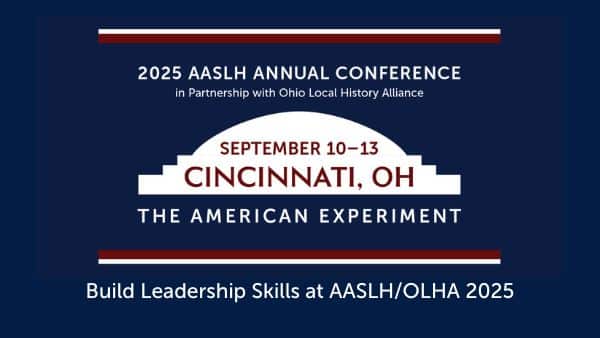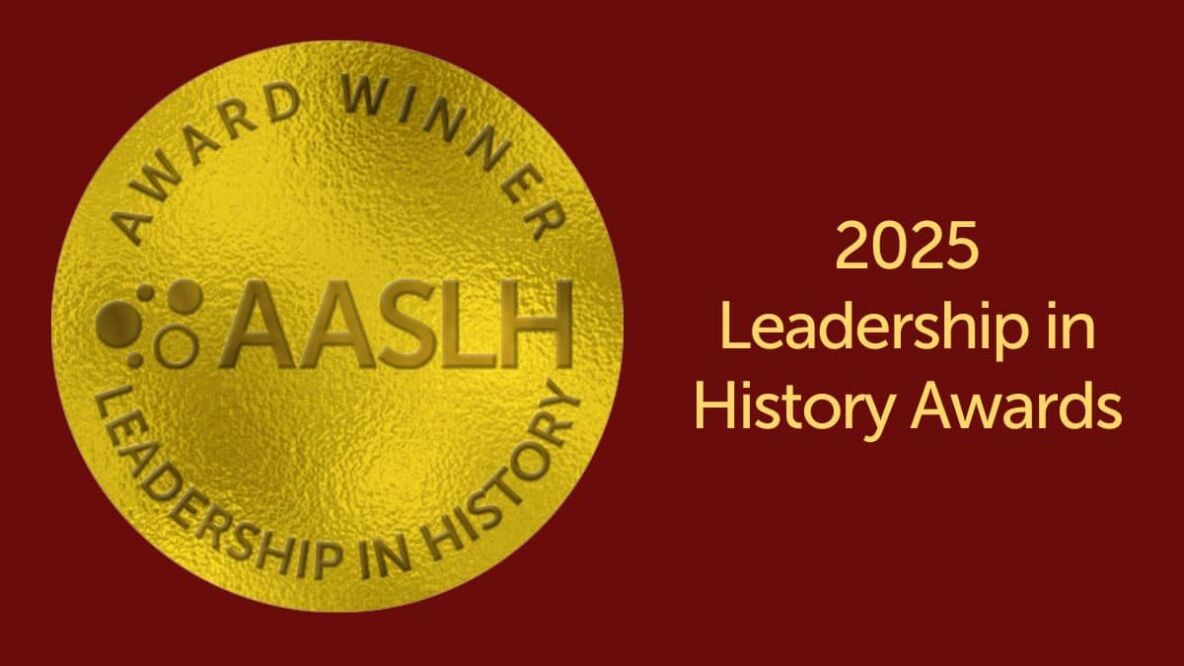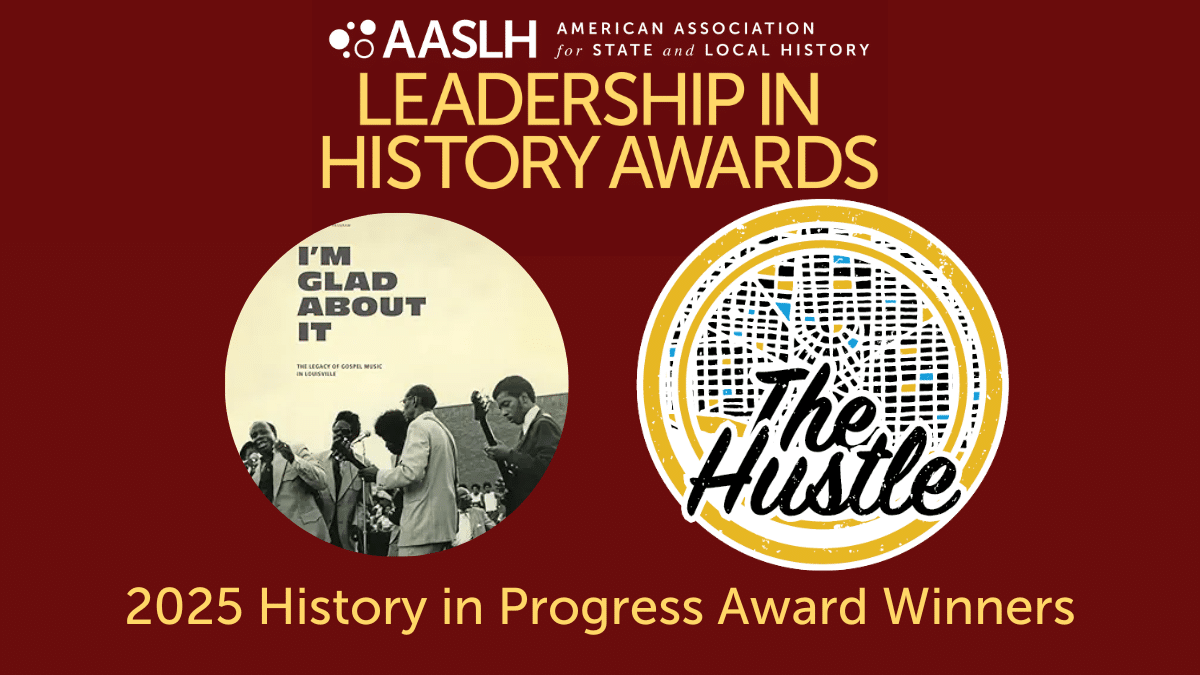
By Avi Decter and Ken Yellis
In the midst of the pandemic, our museums, sites, and organizations are preoccupied with loss of income, layoffs, and the need to send up a few online flares to remind our stakeholders and patrons that we are still here (or perhaps that we are sinking fast?). The condition of stasis that has been imposed on us and our institutions raises fundamental, existential questions about what we will be and how we will cope once the plague has passed.
This is—or should be—a moment for reflection within the field. Instead, much energy is being put into placing markers on the internet. What little energy is left seems to be focused on how our institutions can recover financially. Both efforts are understandable and sensible, but neither comes to grips with how the world is changing and what it will look like after the pandemic. Will our institutions survive in anything like their previous forms? Will our former visitors seek a different kind of experience from what we used to offer? What if the burst of online programming were to displace altogether the community- and visitor-focused activities developed and tested over time?
We need to consider these questions now, when we can already begin to glimpse how the culture will change and what people are likely to seek and need in post-pandemic America. Other media are already exploring this. Waiting until the situation ends risks putting us behind the curve and finding us frozen in pre-plague modes or preoccupied with virtual experiences and unable to address our new realities.
It is best to start now, even if our sense of how things will play out is off the mark. At least we will have begun to ponder the imponderable, to open our minds to new kinds of ideas, and to start practicing the arts of imagination and improvisation. One thing is almost certain: we will need to provide our traditional users with new kinds of programming and experience. Changing our programs will be even more important for attracting new audiences: if what we offer stays the same as before the pandemic, why would audiences who have avoided the museum previously bother to come now?
If we think of museums as the present’s best guess as to what the future will need to know, what will that mean in a new and different landscape? We probably need to reconstitute our organizations as think-tanks. This can be done at distance, using the wide range of social media at our disposal. Brainstorming can be done remotely and safely. Sharing of scenarios, options, instincts, and ideas will help us to affirm our intentionality and agency. While we are living and laboring under the cloud of coronavirus is an optimal time to engage in blue-sky thinking about our subject matter, our modes of presentation, and our practice.
It is likely that we and our institutions will need to take more, rather than fewer risks than formerly. We will probably have to be much more nimble and flexible to stay relevant and keep up with sudden sweeping changes. We may need to give less attention to long-term planning and more attention to a continuous process of strategic thinking. The harsh reality is that we cannot know for sure how things are going to play out, but we need to begin preparing ourselves for a very different future. We need to start finding ways to adjust to and be comfortable with that future, and we need to start now.
Avi Decter has worked in public history for over forty years, and is the author of Interpreting American Jewish History at Museums and Historic Sites. His many projects include the Boott Cotton Mill at Lowell National Historical Park; the U.S. Holocaust Memorial Museum; Louisville Slugger Museum and Visitor Center; and the National Civil War Museum in Harrisburg, Pennsylvania.
Ken Yellis, principal of Project Development Services, is a historian with four decades in the museum field. Yellis has worked extensively with the Museum Education Roundtable and has been involved in over a hundred history, science, and art exhibitions.
How is your institution coping with COVID-19? Share your ideas and experiments with the field on our blog. Email [email protected] to submit a blog post.



